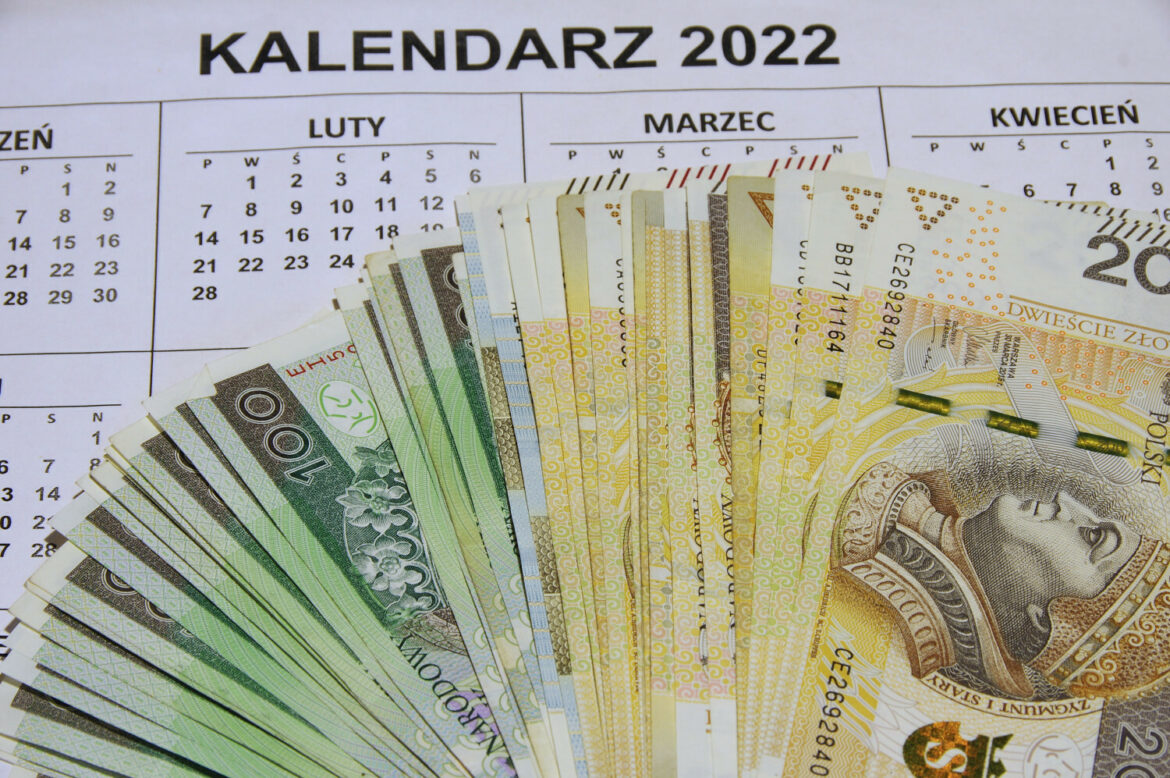According to the calculations of the Centrum of Adam Smith, Tax Freedom Day (DWP) in 2022 falls on June 16. In 2022, Poles worked 163 days out of 365 to pay all compulsory levies, i.e. 9 days less than in 2021. In 2021, the Tax Freedom Day was June 22, in 2020 – June 10, in 2019 – June 8, and in 2018 – June 6.
To calculate the Tax Freedom Day, the experts use the ratio of the share of all public sector expenditures (i.e. state budget, local government expenditures, the government earmarked funds, etc.) to the Gross Domestic Product (GDP).
A significant change in the date of the Tax Freedom Day in favour of citizens is only the result of nominal GDP growth in relation to public sector expenditure. In 2022, most government expenditures are discontinued, including those related to the so-called shields that made DWP in 2021 fall on June 22. In 2022, numerous government expenditures are practically frozen, including remuneration in the budgetary sphere in relation to GDP growth. Its nominal increase is partly the result of inflation.
Andrzej Sadowski, the president of the Center of Adam Smith emphasizes that the earlier Tax Freedom Day is not a deliberate and planned action by the government to reduce the tax burden in Poland, but the effect of nominal GDP growth mainly caused by inflation.
“On the one hand, therefore, we are dealing with a nominal limit of public expenditure established in the budget act. On the other hand, rapid GDP growth after the period of economic freezing and high inflation caused by demand and supply factors have resulted in high growth of nominal GDP. As a result, the share of public expenditure in GDP has decreased compared to last year, but is still far from the historical minimums”, says Sadowski.
On the occasion of the Tax Freedom Day, the Center of Adam Smith postulates freeing work from ZUS taxation, maintaining the exemption from ZUS for micro-entrepreneurs (self-employed), and eliminating the so-called Belka’s tax, which is now a tax on inflation, given the still negative interest rates in real terms and unusually high inflation.
Arkadiusz Słomczyński order





